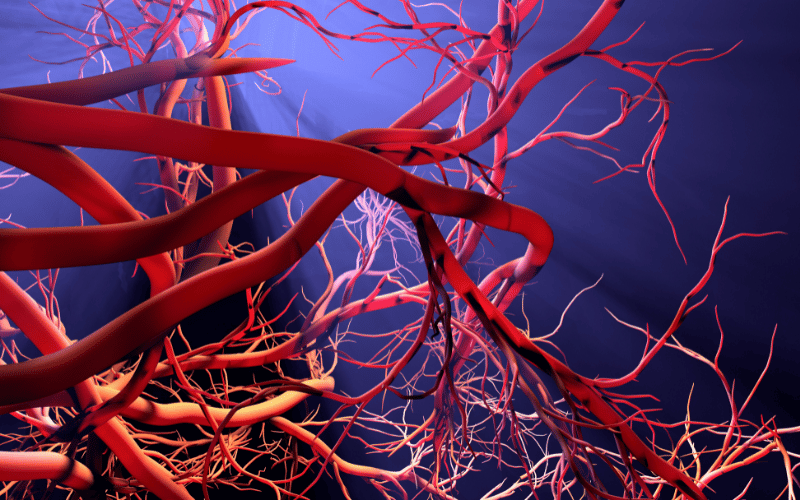Disease 10: Renal Vascular Disease

Renal vascular disease refers to conditions that affect the blood vessels supplying the kidneys, such as renal artery stenosis or renal vein thrombosis. These conditions can lead to reduced blood flow to the kidneys, potentially causing kidney damage, high blood pressure, and kidney failure.
Risk factors for renal vascular disease include atherosclerosis, smoking, diabetes, high blood pressure, and a family history of kidney or vascular diseases. Symptoms of renal vascular disease may include high blood pressure that is difficult to control, decreased kidney function, or sudden-onset kidney failure.
Treatment for renal vascular disease depends on the specific condition and its severity. In some cases, medications to control blood pressure, cholesterol, and blood clotting may be prescribed. In more severe cases, medical procedures like angioplasty, stenting, or bypass surgery may be necessary to restore blood flow to the kidneys. (10)